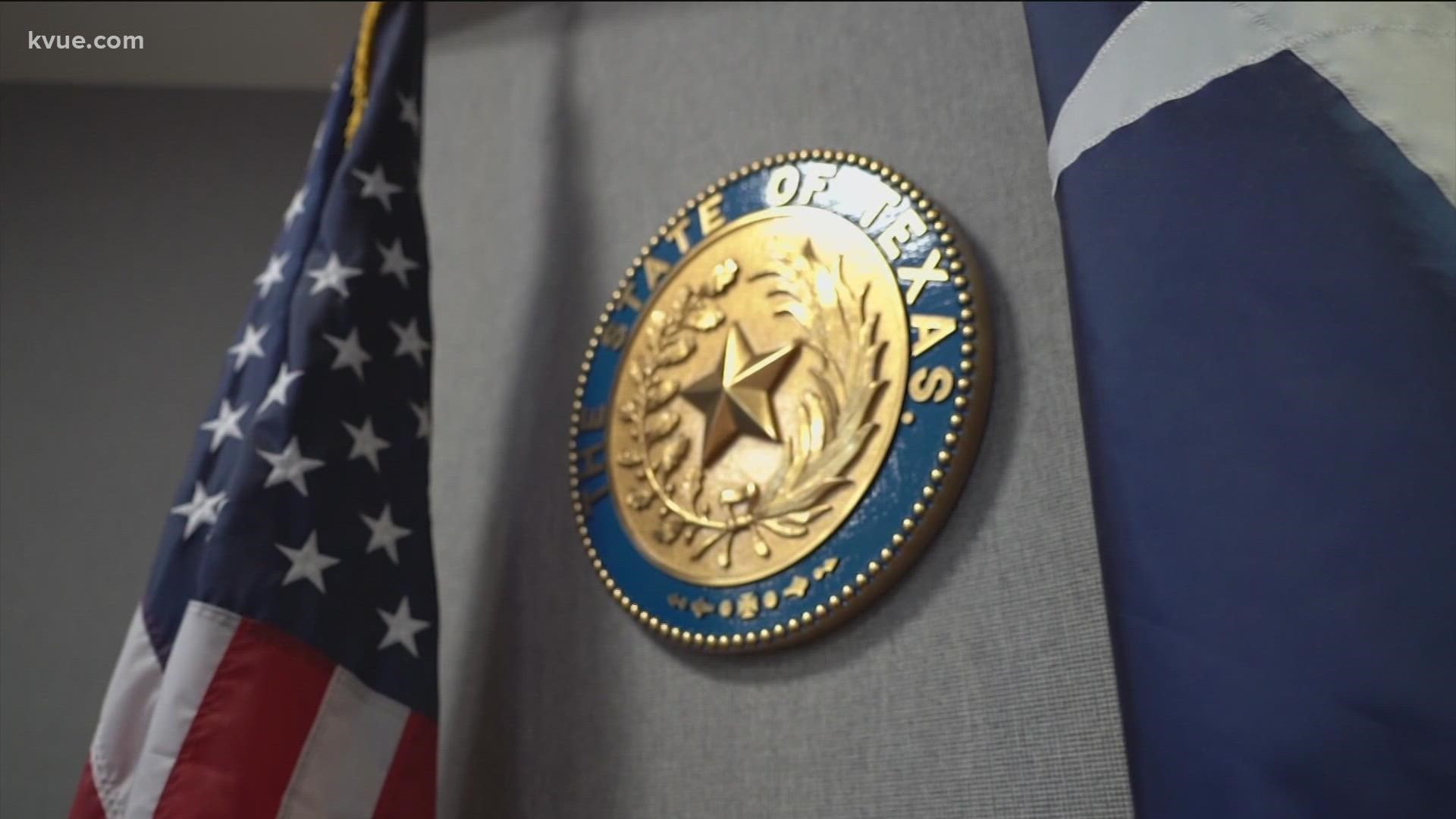AUSTIN, Texas — More than two dozen Austin police officers now stand charged with crimes related to allegations of excessive force. In response, their supporters have increasingly accused Travis County District Attorney Jose Garza of manipulating grand juries by not having officers testify on their own behalf.
In recent weeks, prominent Austin attorneys representing eight of the 19 officers recently indicted for actions during the May 2020 social justice protests have raised that possibility in the indictments. They told the KVUE Defenders in an interview last month that officers' testimony was being "excluded" in front of the grand jury.
“You just have an elected DA who is presenting whatever case he wants to present to a grand jury, and we feel it is continually being done in a way to generate indictments that we feel would not have been issued had a fuller, neutral picture been presented," Attorney Ken Ervin said in early February.
Following the indictments, Attorney Doug O’Connell posted on Twitter that officers were “NOT invited to tell their side of the story at Grand Jury.”
But an examination by the Defenders found that the issue of whether officers appear before a grand jury isn’t as simple as whether officers are invited or not. In fact, legal experts say most defendants in Austin and elsewhere don’t get to share their side of the story until a case gets to the courtroom.
The issue comes as Garza's office has brought criminal charges in multiple use-of-force cases, including from the protests, after decades of few indictments against law enforcement officers. Garza ran on a platform of police accountability and overwhelmingly won his election in 2020 during a national movement of police reform sparked by the murder of Houston man George Floyd in Minneapolis.
The issue has become so impassioned that the state's largest police union said it wants to work with lawmakers to propose legislation that would require prosecutors to seek testimony from police officers whose cases are before a grand jury. Officers could still invoke their Fifth Amendment rights and refuse, however.
In an interview with the Defenders, Garza said prosecutors notify Austin police officials of the timeframe that they plan to take a case to the grand jury. If they know that an officer has an attorney, Garza said prosecutors also share that same timeline.
Garza added that the DA’s office also keeps a running list on its website of police officers under grand jury review and a general timeline prosecutors will present the case.
“In my over-a-year term here at the district attorney's office, we have not turned down a single request from a law enforcement officer to testify in front of the grand jury," Garza said. “There is a great benefit to the grand jury and the district attorney’s office's understanding of the case to have an officer come and testify under oath in front of the grand jury. We would welcome that.”
The two attorneys representing most indicted officers, including in other force-related cases aside from the protests, acknowledged that they also had never asked that any of their currently indicted clients testify.
In a statement, they said, “[Garza] continues to churn out police officer indictments behind closed doors, claiming to have given a fair presentation before quickly citing secrecy rules as the reason he can’t back up his statement.”
Legal experts say that, nationally, it is unusual for any suspect – police officer or not – to appear before a grand jury. Instead, they usually do not present their account until a case gets to trial.
“If you think you have a case as a prosecutor, you’re going to go and just get going with it," said Candace McCoy, a law professor at the John Jay College of Criminal Justice in New York. "I would imagine that a prosecutor would be willing to hear from a suspect personally if there is some major piece of evidence the suspect wants to give that the prosecutor knows is likely to come up at trial."
Patrick Metze, a Texas Tech University law professor, said most defense attorneys do not want their client to appear before a grand jury because that testimony can later be used against them.
“If I had a defendant who was subpoenaed to go in front of the grand jury, I would teach them about the Fifth Amendment and tell them to keep their mouth shut," he said.
As for the notion that Garza isn’t inviting officers to testify, Metze said, “It’s political theater. That’s all it is. It is politics."
PEOPLE ARE ALSO READING:

